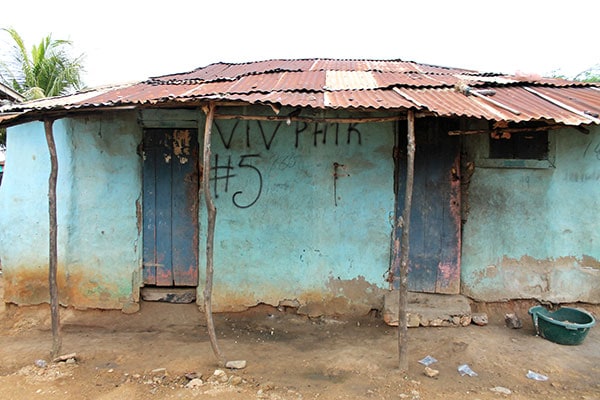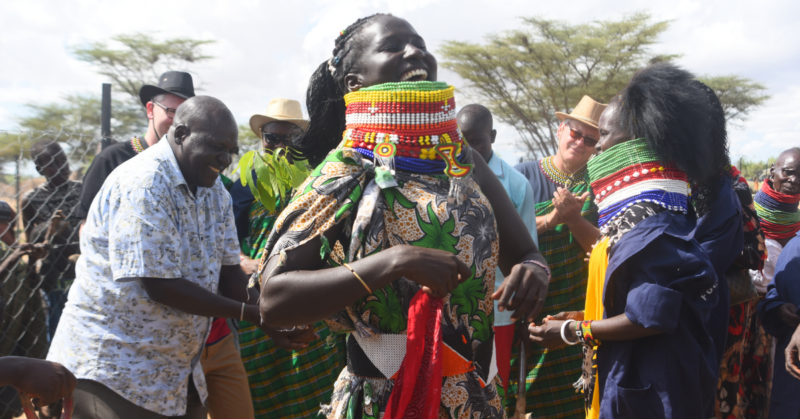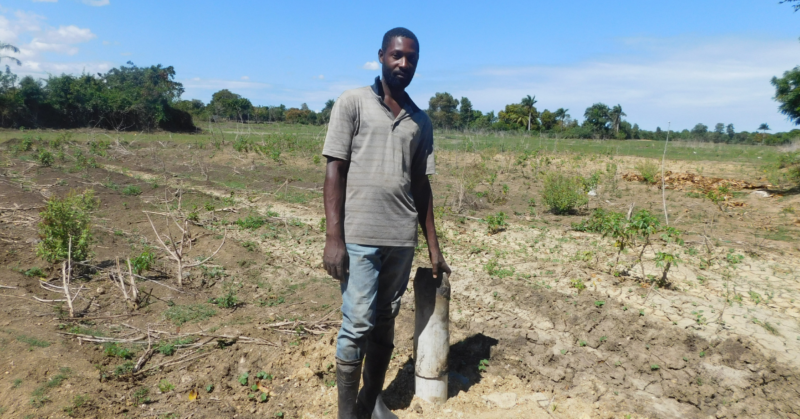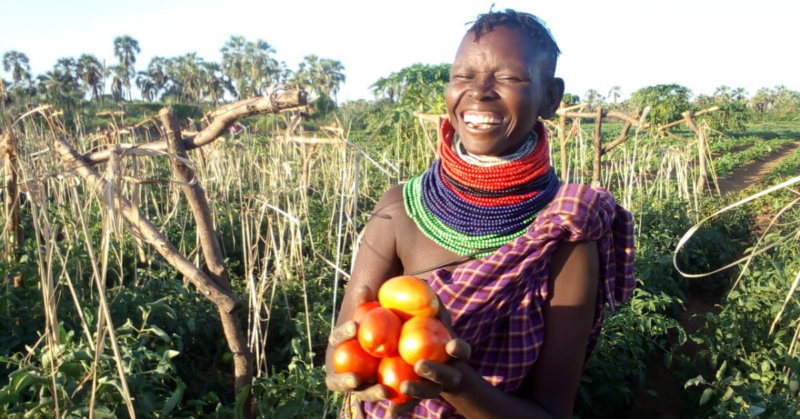Have you heard that more people in the world have access to a cell phone than to a toilet? Or piped water? Or electricity?
Looking at Africa, about 65% of Africans live in communities with an electricity grid, and only 30% have access to sewerage…yet, 93% have access to cell phone service.
Does this sound a little odd to you? Sure, cell phones are handy, but if we were ranking by order of importance, most of us would say that plumbing and electricity are more critical than cell service.
So how is someone who is lacking these basic infrastructure services able to afford a cell phone?
These are good questions, but like most issues involving development, there’s a multi-faceted answer.
Cost is a major factor.
Providing a household with electricity, flushing toilets with sewage lines, and paved roads that connect small rural towns, requires an incredible expansion of infrastructure—costing large amounts of government and private monies, and taking years and years to complete.
For example, take the farmer in rural Uganda living in a mud hut, a far, far walk down a dirt road from the nearest large town. This man knows that getting running water or sewage lines are things he will never be able to personally afford.
He’s concerned with getting enough food to feed his family and being able to buy his children’s school uniforms.
However, getting his hands on a cell phone is an entirely different story. While it’s a hefty investment and would require saving for a time to be able to afford it, he can probably buy a basic cell phone, with internet capabilities, for $40-60 USD.
There are ongoing costs with a pay-as-you-go service plan, but this farmer can control that based on his income week to week.
So, a one-time investment gives him access to the internet, and therefore email, messaging apps, news, social media and everything else we depend on the internet for.
And this accessibility is revolutionizing developing nations.
Mobile banking—including sending and receiving money by text—is incredibly popular in parts of the developing world. In Kenya, 96% of Kenyan households are using M-Pesa, a money transfer program.
In Chile, the government supports a messaging service for small-scale farmers to assist them in increasing their productivity. They’ll get daily messages about weather and market prices.
USAID and other development agencies are also taking advantage of mobile technology for farmers.
For example, one project connects farmers and buyers and helps make sure they get a fair market price. Another company works with rural farmers in 15 developing nations to send them price information, weather alerts, crop advice and business tips—all via text.
In 2014, Libya launched a mobile voter registration system.
There are a number of free “mobile midwife programs” that give women daily and weekly texts and voicemails with pregnancy, health and new parent advice.
A nonprofit working in Mozambique with HIV/AIDS patients sends mobile messages to patients about upcoming appointments and medication reminders. And it’s improving retention rates! Nationally, 72% of patients stay the course with their medication therapy. But those using the app had a retention rate of 96% after six months.
And let’s not forget that there are also apps that deliver the Scriptures and offer Bible study and verse memorization tools—and these are incredibly important electronic ministries too.
We are hoping for—and working towards—a day when everyone has access to clean water and basic services, but in the meantime, we love seeing how technology is being creatively harnessed by governments and nonprofits to help those in developing nations.





